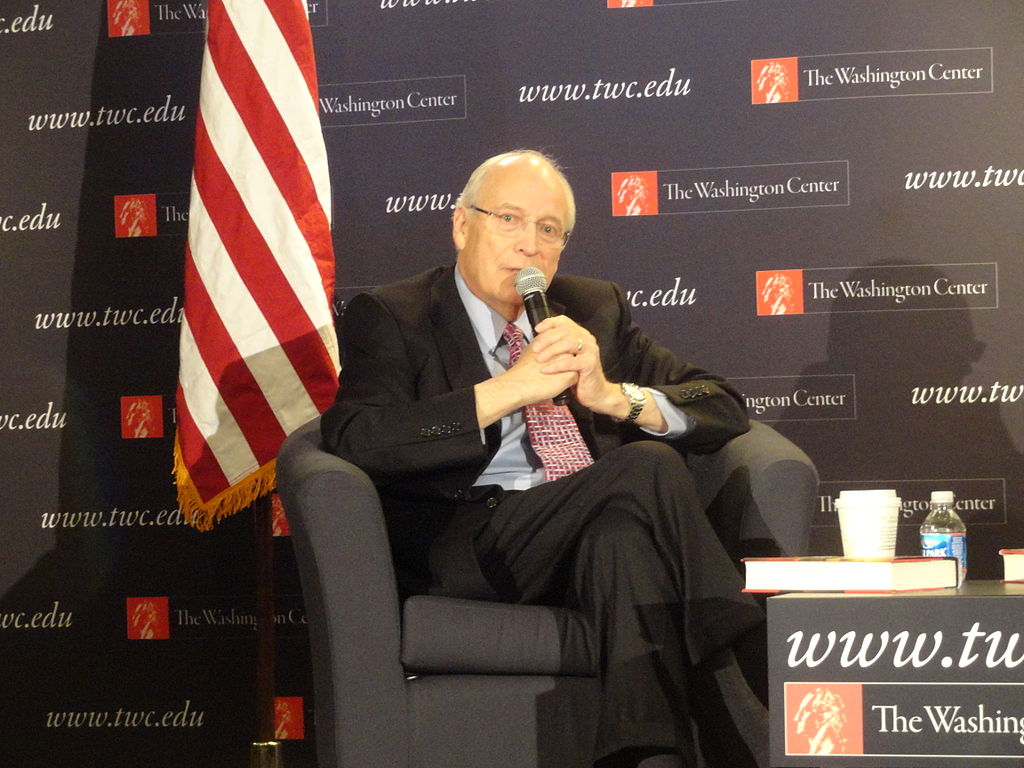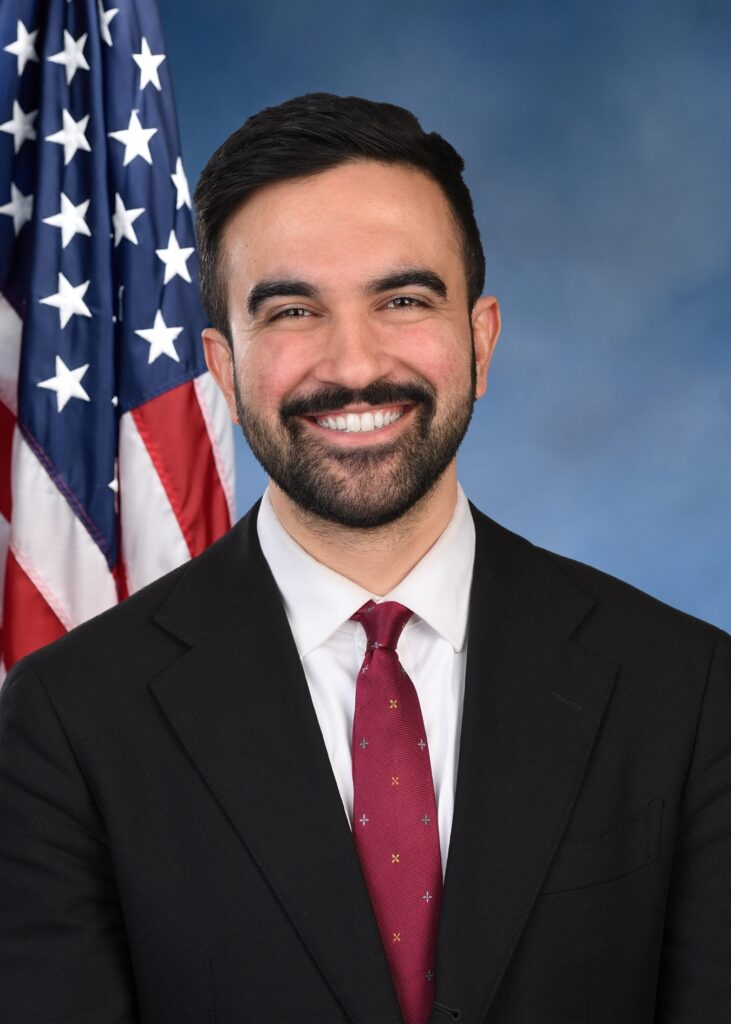Dick Cheney: A Legacy of Resilience and Loyalty to Duty
The passing of Dick Cheney, America’s 46th Vice President, has stirred a wide range of reactions. Yet beyond politics and partisanship, Cheney’s life represents something that transcends ideology — a story of resilience in the face of relentless challenges, and unwavering loyalty to his sense of duty.
Few figures in modern American history have embodied the sheer endurance, tenacity, and discipline that Cheney displayed across more than four decades of public service. His journey wasn’t one of glamour or popularity — it was one of grit, perseverance, and an unshakeable commitment to what he believed was right for the nation.
From Wyoming to Washington: Rising Through Adversity
Born in Lincoln, Nebraska and raised in Wyoming, Cheney’s early path was far from assured. Twice expelled from Yale, he began his career humbly, working power-line maintenance before returning to school and entering government service.
From those unassuming beginnings, Cheney rose steadily:
- He served as Chief of Staff to President Gerald Ford — one of the youngest ever to hold that position.
- As Secretary of Defense, he oversaw Operation Desert Storm, balancing wartime strategy with diplomatic restraint.
- And, of course, as Vice President under George W. Bush, he became one of the most influential figures in post–9/11 America.
Every step of that journey demanded resilience — the ability to adapt, recover, and lead through periods of uncertainty and crisis.
The Heart of a Fighter — Literally and Figuratively
Cheney’s physical battles mirror his political ones. Over the decades, he suffered five heart attacks, underwent bypass surgery, received an implanted defibrillator, and ultimately, a heart transplant in 2012.
Yet he never allowed health setbacks to slow his sense of purpose. In interviews, he often said he simply “didn’t have time to feel sorry” for himself. To Cheney, resilience wasn’t abstract — it was survival.
His longevity, both in life and politics, stands as a testament to endurance: the capacity to confront fragility without surrendering to it.
Loyalty Beyond Politics
Cheney’s brand of loyalty was not to convenience or party popularity — it was to duty.
After the attacks of September 11, 2001, he emerged as one of the key architects of America’s national security response. Whether one agreed or disagreed with his policies, there’s no denying that Cheney acted from conviction, not calculation.
He saw his role as protecting the country at all costs — a form of loyalty that sometimes placed him in moral and political storms, but which also earned him deep respect from those who valued steadiness in crisis.
Even in later years, when he diverged sharply from his party’s modern direction, he remained steadfast in his beliefs — supporting his daughter, Liz Cheney, as she stood against party orthodoxy in defense of constitutional principles. It was, again, an act of loyalty — not to faction, but to what he saw as America’s enduring democratic duty.
The Quiet Strength Behind Power
Unlike many political figures who crave the spotlight, Cheney was famously private and understated. He rarely sought attention; he sought results.
His leadership style was quiet but commanding — rooted in preparation, precision, and persistence. He often said leadership was about “doing the hard things, even when no one applauds you for it.”
That mindset reflects a deeper kind of resilience: the ability to move forward despite criticism, to hold the line even when history’s judgment remains uncertain.
Endurance as Legacy
In an age of fleeting headlines and reactive politics, Dick Cheney’s story reminds us that true resilience isn’t about popularity — it’s about persistence.
He endured the physical tolls of life-threatening illness, the moral weight of wartime decisions, and the political storms of controversy. And through it all, he remained loyal — to his country, to his principles, and to his duty as he understood it.
Conclusion: A Life Defined by Duty
History will continue to debate Dick Cheney’s choices. But if we strip away partisanship and look at the human story beneath, one thing becomes clear: Cheney’s life was defined by unrelenting resilience and unswerving loyalty to duty.
He may not have sought to be admired — only to endure, to serve, and to act. In that sense, Dick Cheney offers a powerful, if complex, example of what it means to remain faithful to one’s mission, even when the world does not understand it.
“Resilience,” as Cheney’s life shows, is not the absence of struggle — it is the refusal to yield.







